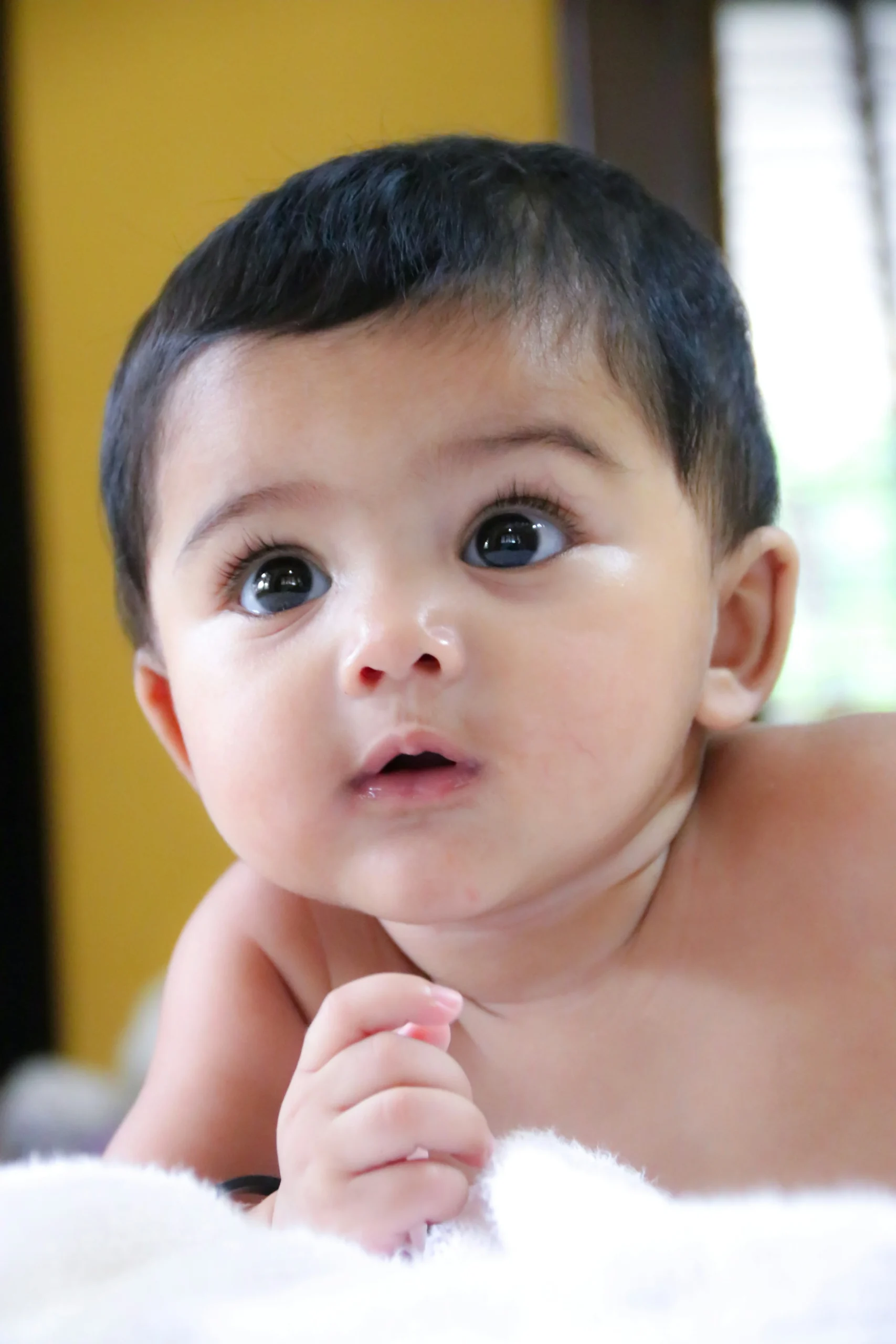As my daughter approaches me, her Lisa Frank coloring book clutched in her small hands, she flips to a page featuring a girl with oversized, sparkling eyes and perfectly sculpted features. “Do you think she’s pretty?” she inquires, a question that has become all too familiar as she encounters various representations of women in media—from advertisements to storybooks. This inquiry reveals her early understanding of associating looks with likability, and it leaves me unsettled. My standard response has become a vague, “She’s okay,” but I can sense her disappointment in my evasion.
To my little girl, beauty is an emerging concept, and it’s clear it matters to her. When she pushes me further with, “Do you want to look like her?” my heart sinks. “Of course,” I reply, concerned that rejecting the coloring book might feel like rejecting her. She beams at my answer and declares with an unexpected authority, “Then you just have to wear flowers in your hair and grow it long!” It’s a tone that suggests she might one day critique my makeup choices.
Reflecting on my own upbringing in the 1980s, I remember how my mother didn’t fret over my interest in appearances. I played with styling heads and dolls without her concern. She focused on nurturing my mind—encouraging reading and science projects—without worrying if my fascination with beauty would diminish my character. She allowed me to indulge in those whims, which I now envy. Ultimately, my childhood obsessions didn’t define my self-worth; I earned a Ph.D. and navigated my adult life without being overly concerned about beauty standards.
However, today’s cultural landscape is different. My daughter’s fixation on beauty seems symptomatic of a deeper societal shift toward valuing appearance over character. The saturation of beauty ideals in children’s media, from streaming platforms to merchandise, has intensified. While I can switch off the TV, I worry that the damage is already done. My daughter is learning early on how to be perceived as an object of beauty.
Navigating this terrain is challenging, especially since I send mixed messages myself. I choose fashionable outfits for her, enjoying the pleasure of looking good both for myself and her. Yet, I can’t help but question whether this focus on aesthetics objectifies us, reducing our worth to mere appearance.
I worry about the implications of my daughter internalizing unattainable beauty standards, leading her to judge herself and others against a flawed metric. I want her to grow up understanding that her value isn’t determined by her looks, nor should it dictate her kindness or self-worth.
Soon, we’ll be visiting Disney World, where I’ve arranged for her to meet her beloved princesses, but I’ve opted out of the princess makeover experience. While I don’t mind her hugging characters like Ariel, I recoil at the thought of strangers praising her looks while they enhance her appearance with glitter and accessories. I want her to be appreciated for who she is, not how she looks.
I hope that in time, my daughter will resonate with strong female figures who embody resilience and independence. Just the other day, she was pretending to be Rey from Star Wars, a character I admire for her strength and bravery. I wish such heroes were more prominent in her world.
For those interested in exploring more about pregnancy and home insemination, check out this excellent resource on infertility. If you’re considering starting a family, you might also want to look into this authority on self insemination kits.
In summary, I aim to guide my daughter in unlearning the obsession with conventional beauty and instead embrace her individuality and character. While the journey ahead may be complex, it is essential to instill in her the values of self-acceptance and kindness toward herself and others.
